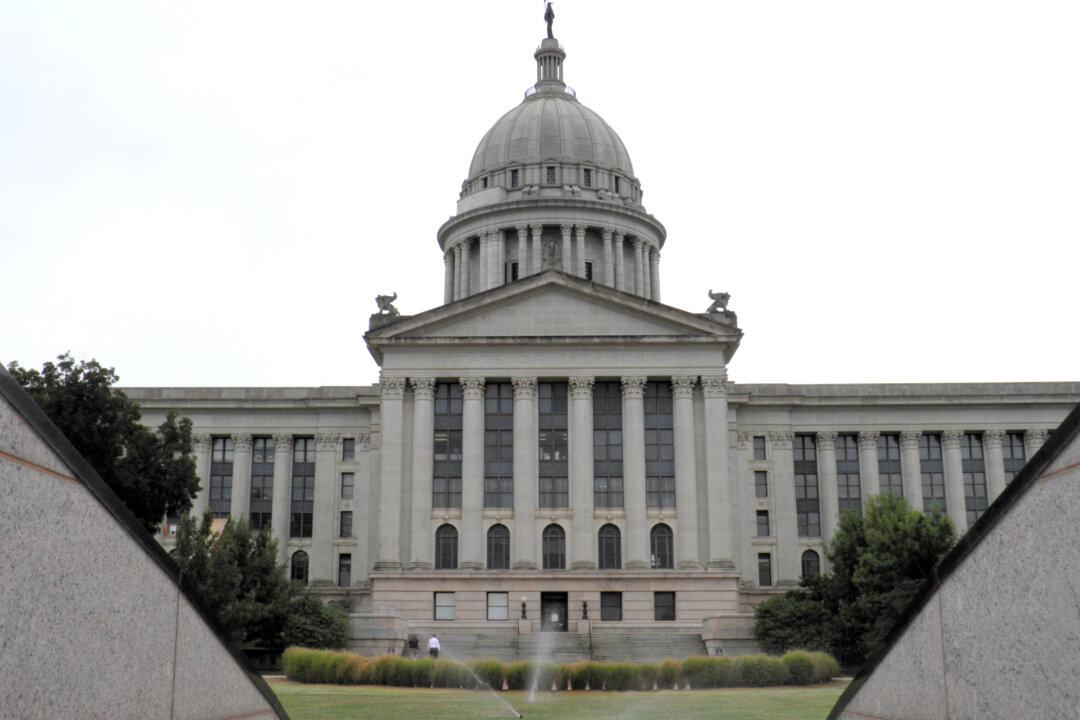A coalition of progressive advocacy groups and individuals, led by the American Civil Liberties Union (ACLU), is suing Oklahoma over a state law that bans schools from teaching students they are “inherently racist, sexist, or oppressive” because of their race or sex.
“Oklahoma is one of eight states across the country that have passed similar laws aimed at censoring discussions around race and gender in the classroom, and this is the first federal lawsuit facially challenging one of these statewide bans,” the Oklahoma chapter of ACLU said in a press release.





